Looking In the Mirror
On March 14, 2025, I had the opportunity to speak at the Spring Semester session of Looking in the Mirror about food insecurity among college students in Maryland.
Diversifying the Field of Bioethics
The fields with an interest in bioethics – law, medicine, philosophy, religious studies, and fairly recently public health – have generous representation of white cisgender people. I noticed this 25 years ago as a graduate student, but the level of diversity remained the same. So much so that I believe the number of African Americans at the 2007 and 2009 ASBH annual meeting doubled when I brought my students. As an academic at a minority-serving institution, I have tried to open doors for BIPOC students who express an interest in the field. I have co-authored numerous bioethics presentations and papers with my undergraduate students. I learned about a full scholarship for a student from an HBCU to Yale’s summer bioethics program. I contacted the Director and asked him whether he would consider a BIPOC student from UMBC? Two UMBC students completed the summer program during the pandemic, and a third was accepted into a summer bioethics program at Johns Hopkins
Women’s March on Washington
The Women’s March was a worldwide protest on January 21, 2017, the day after the inauguration of Donald Trump as US president. It was prompted by Trump’s policy positions and rhetoric, which protesters called misogynistic or otherwise threatening to the rights of women. This March was the largest gathering of people ever in Washington, DC. The work continues.
In preparation, I knitted piles of pink pussy hats. Knitting can be a form of political protest particularly for knitters who can no longer get out and march. I attended with student Sam Saxena and my brother, Alan Makranczy. My pussy hat was in rainbow colors in support of LGBTQ+ rights.
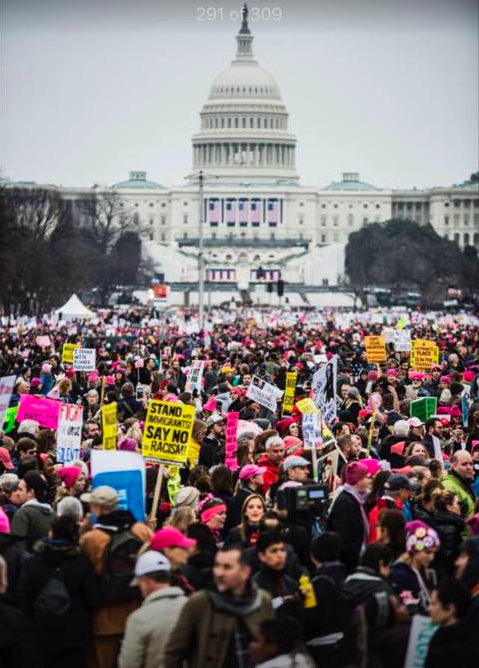
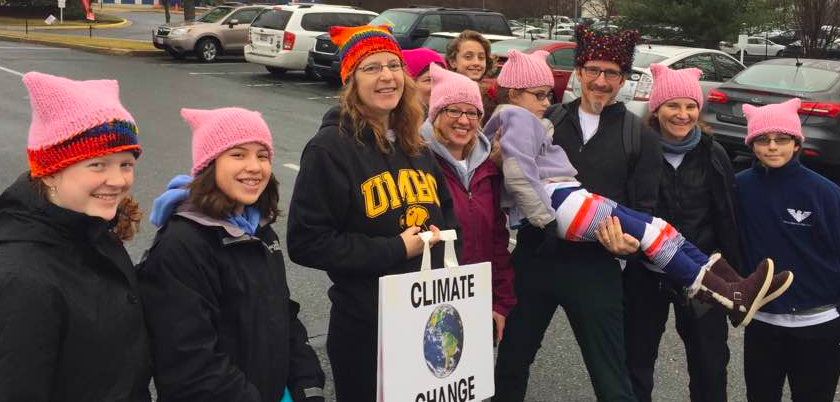
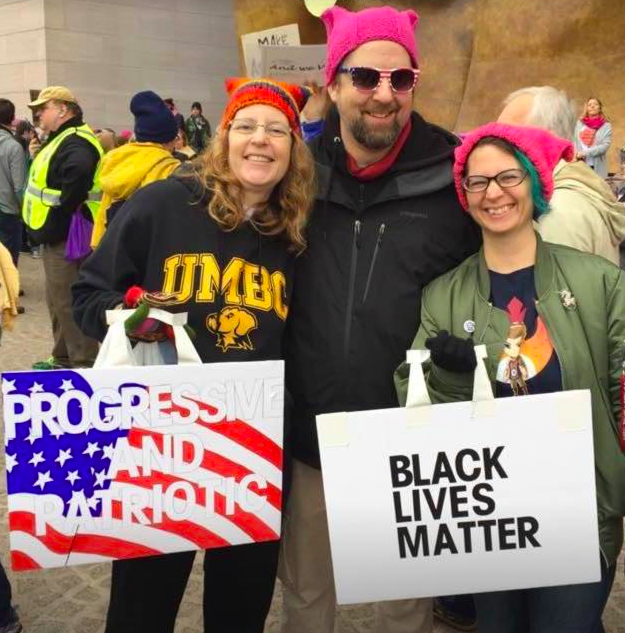
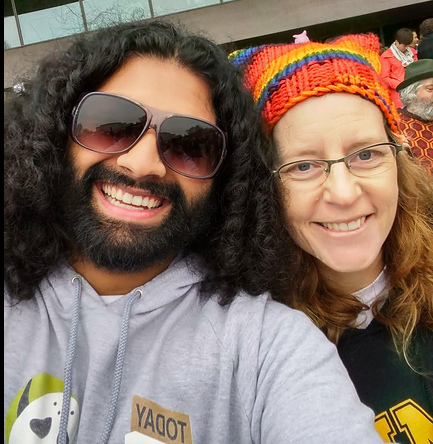
March for Our Lives
Following the mass shooting at Parkland Florida’s Marjory Stoneman Douglas High School on Valentine’s Day 2018, survivors took to social media to make their anger known, giving interviews and becoming activists for gun safety legislation. These and other students helped organize the March for Our Lives, a demonstration in support of gun violence prevention.
I was directly affected by gun violence in 2016 when a students I was close too, Jackson Bleier, was killed by a 16 year old with a gun. The day before he was killed, he was actively engaged in a class discussion about gun violence. Jackson was a student athlete, and his death deeply affected members of the UMBC athletic community. It was a privilege to be able to award his diploma posthumously to his family.
March for Our Lives was held March 24, 2019, just 6 weeks after the Parkland shooting. It was the largest student protest since the Vietnam War. We lived in Montgomery Co., and families from my son’s high school hosted students traveling to the D.C. Two young women from Akron, OH, Sylvia Lorson and Hannah Galehouse, drove 8 hours to participate. The energy that day was electric. America’s legislators have failed to responded, so student activists have traveled around the nation educating students about gun violence and helping them register to vote.
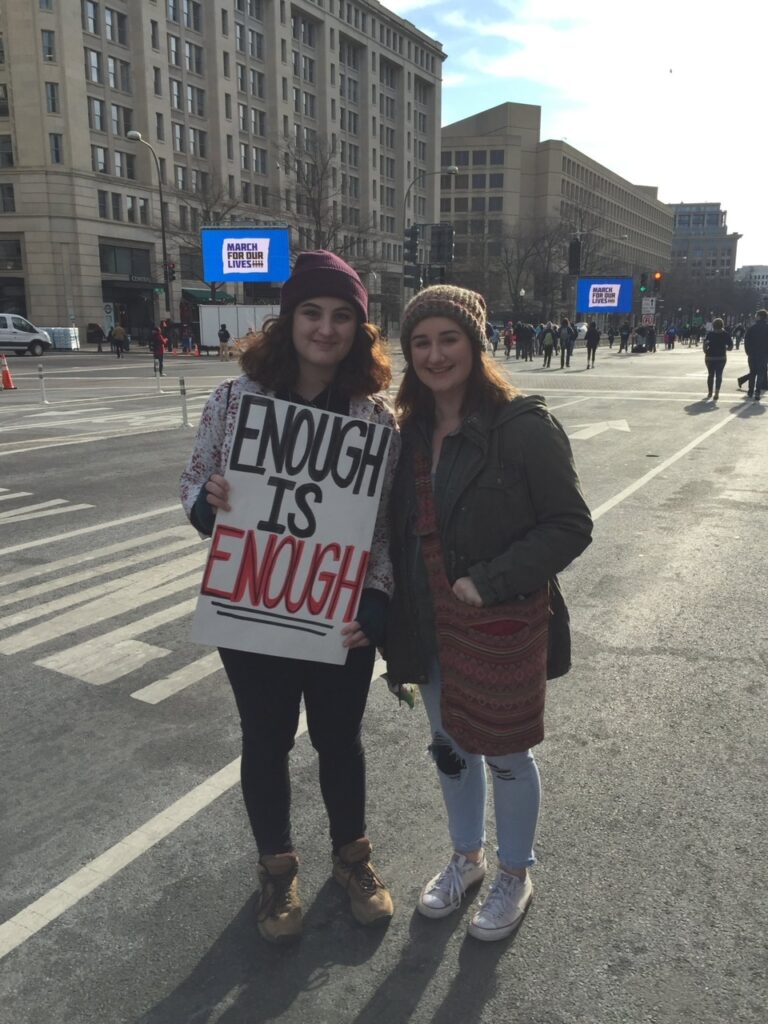
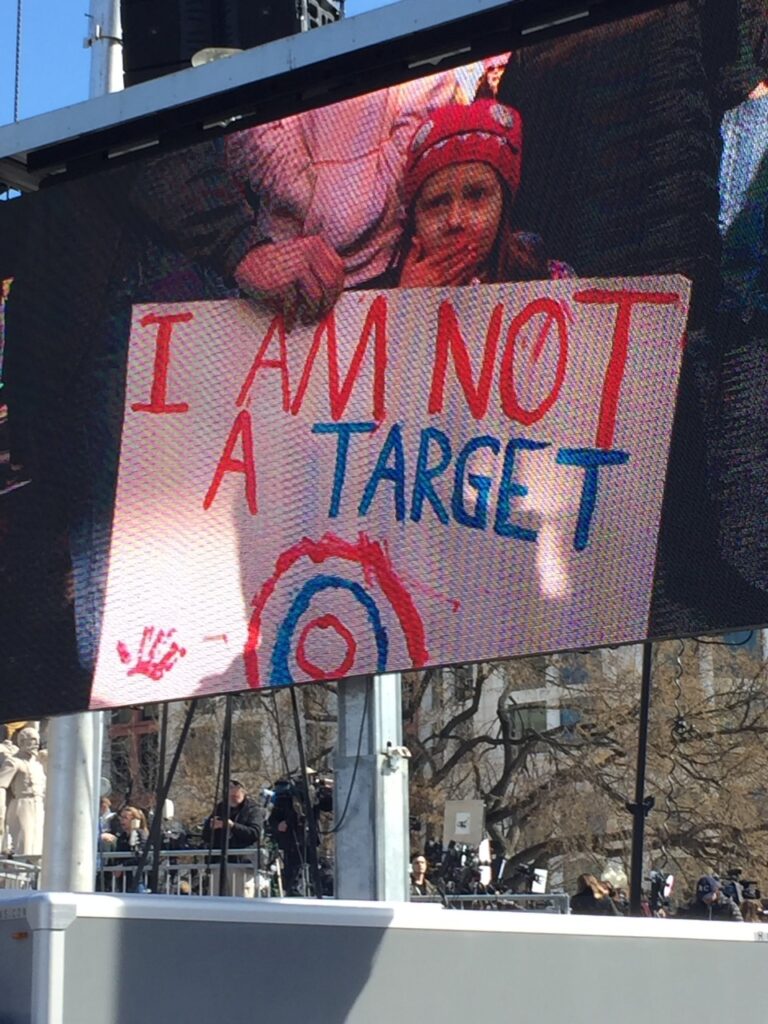
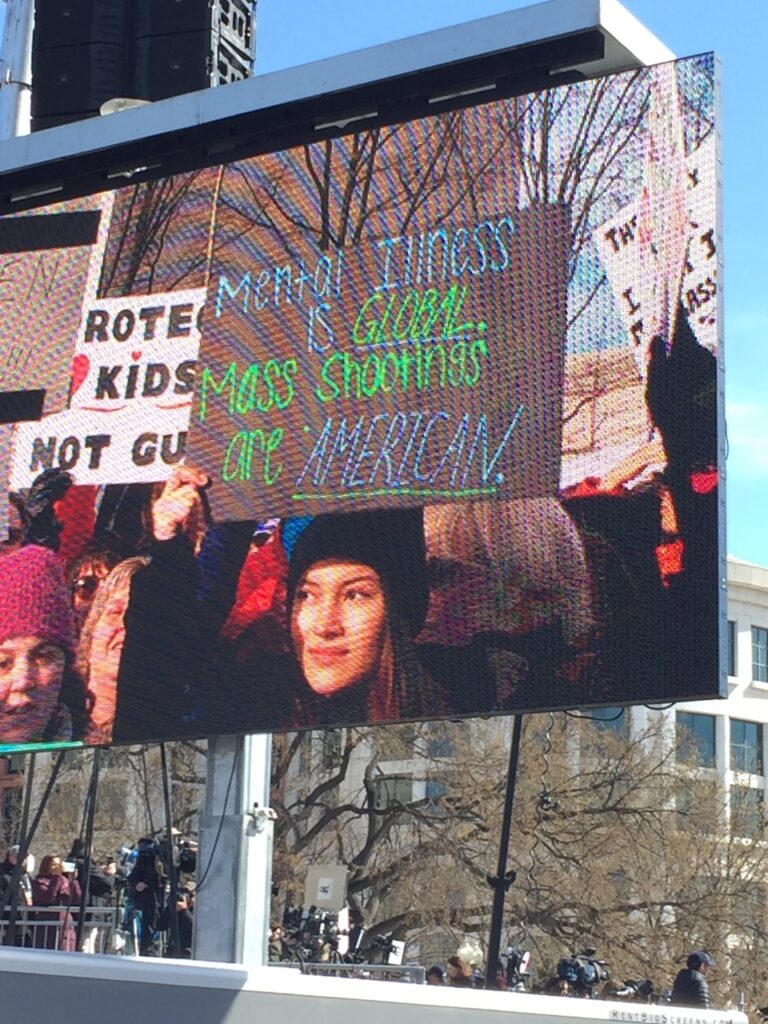
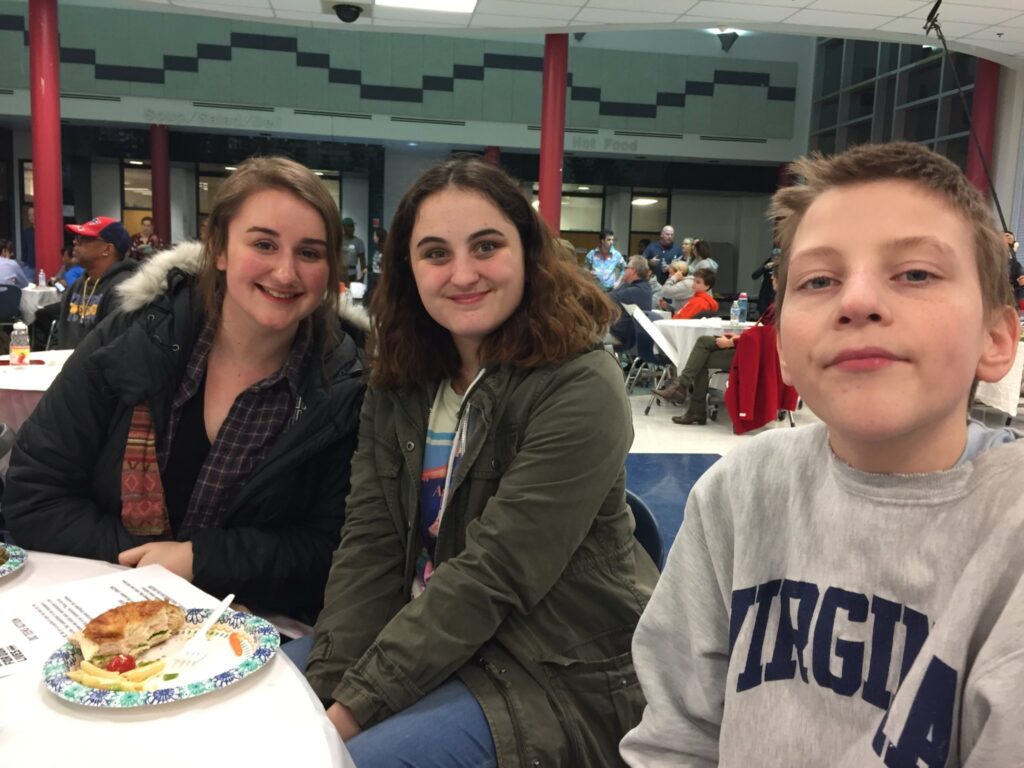
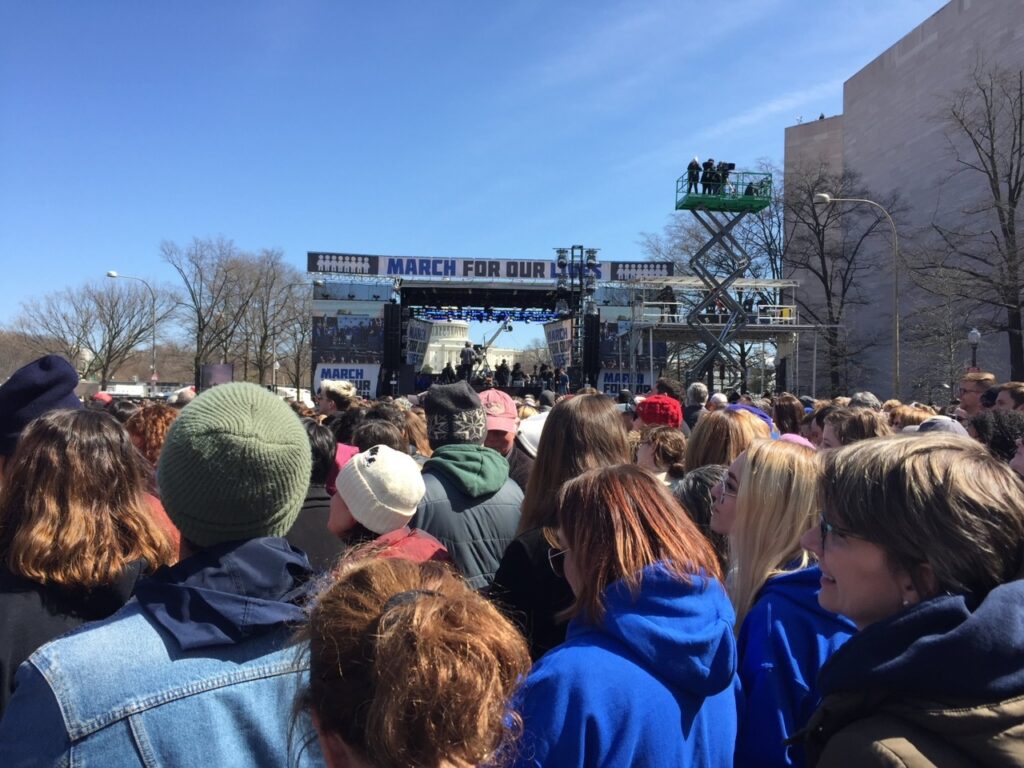
Black Lives Matter
As a Washington native, I was horrified to watch the U.S. secret service, U.S. Army, and U.S. Park Police use extreme force against U.S. citizens in order to clear Lafayette Park. simply to move peaceful protestors out of the way so the president could pose for a photo op waiving a Bible. I felt compelled to be in that space to make the absurdity of what I was watching on a screen feel real.
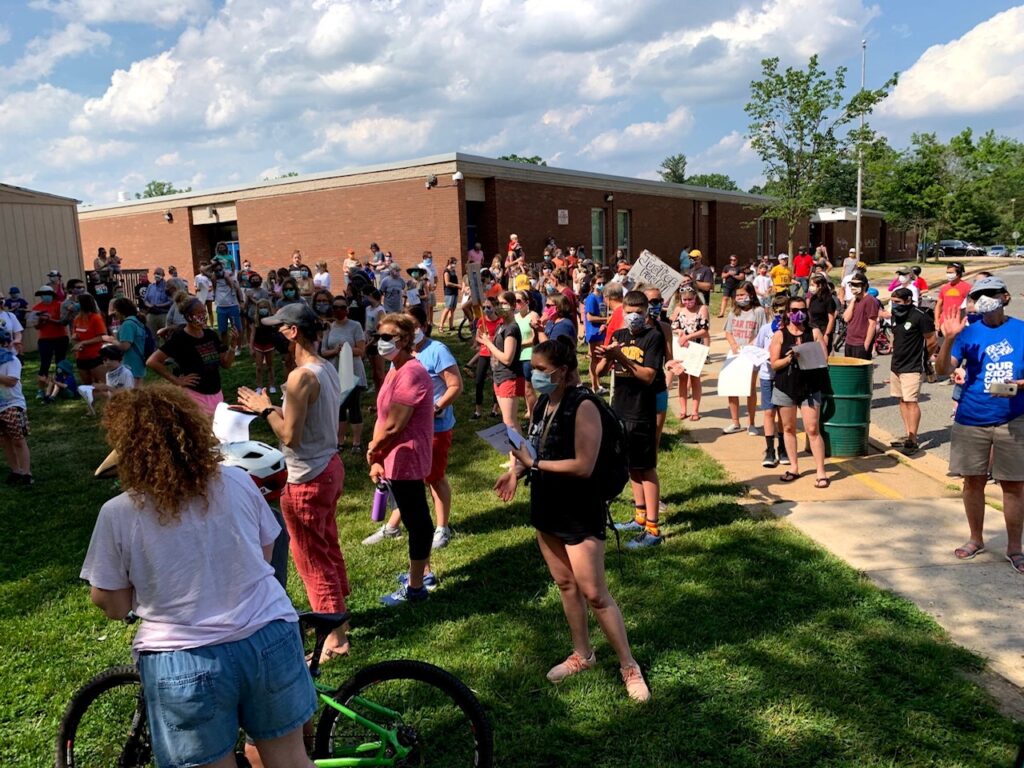
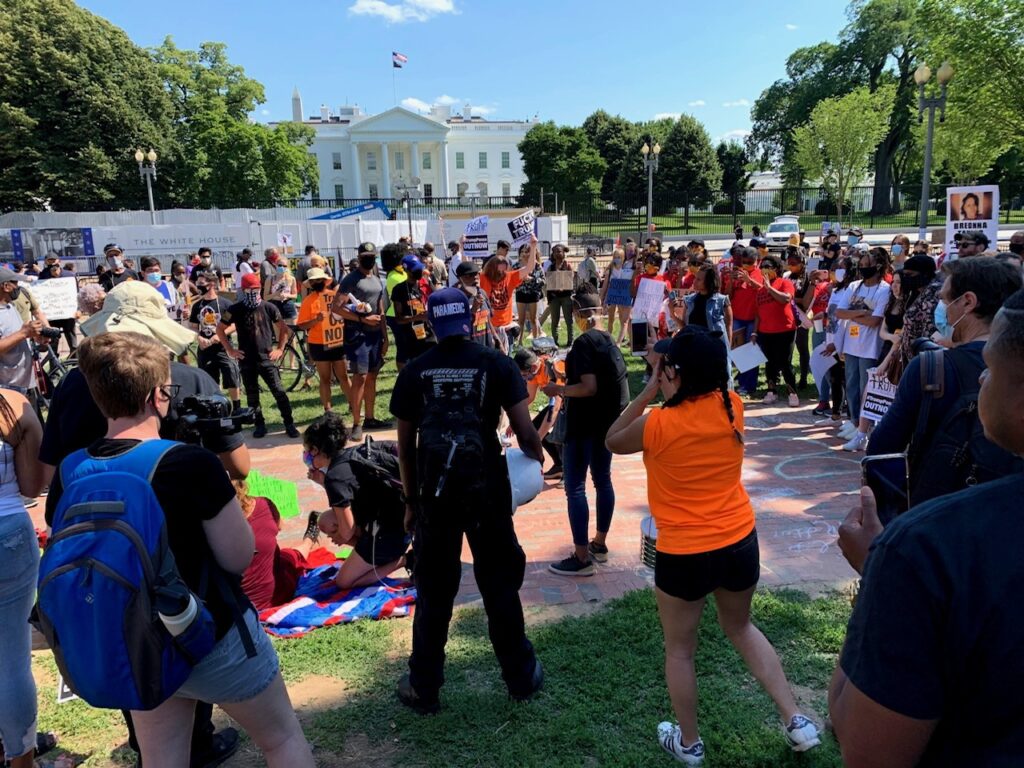
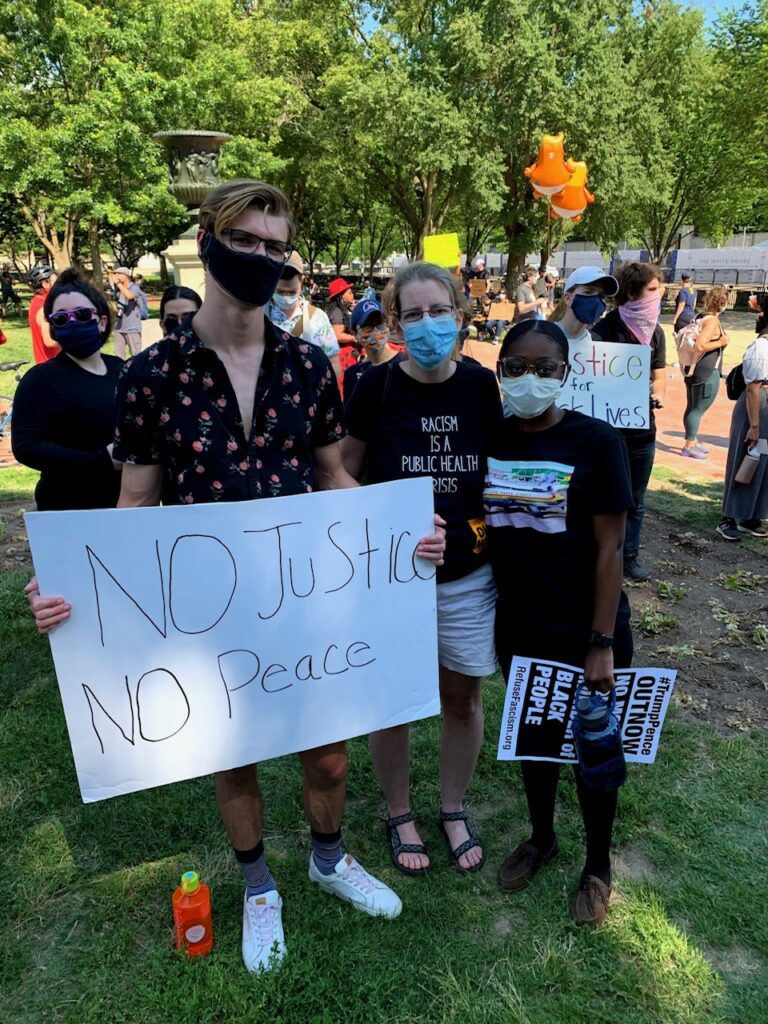
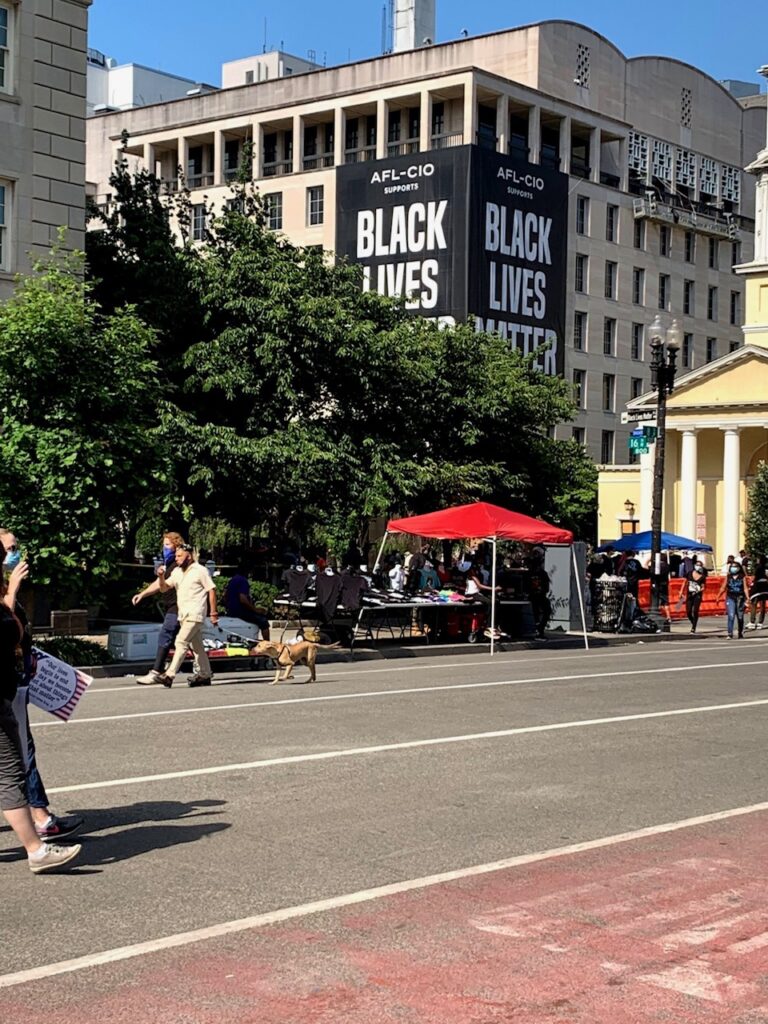
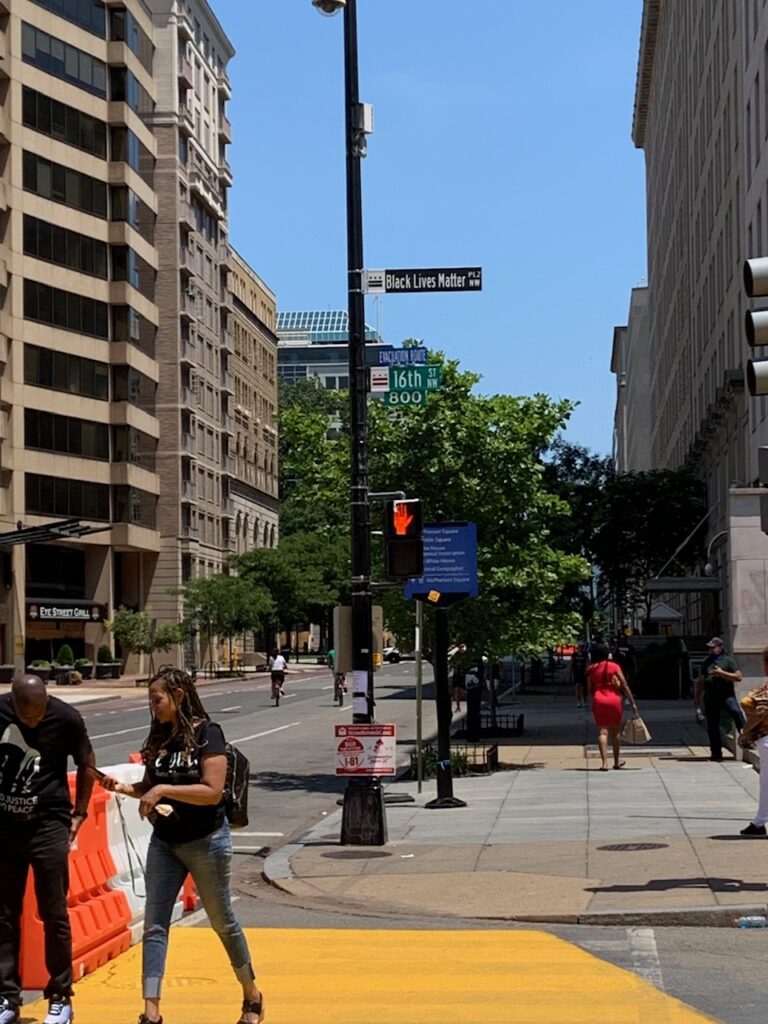
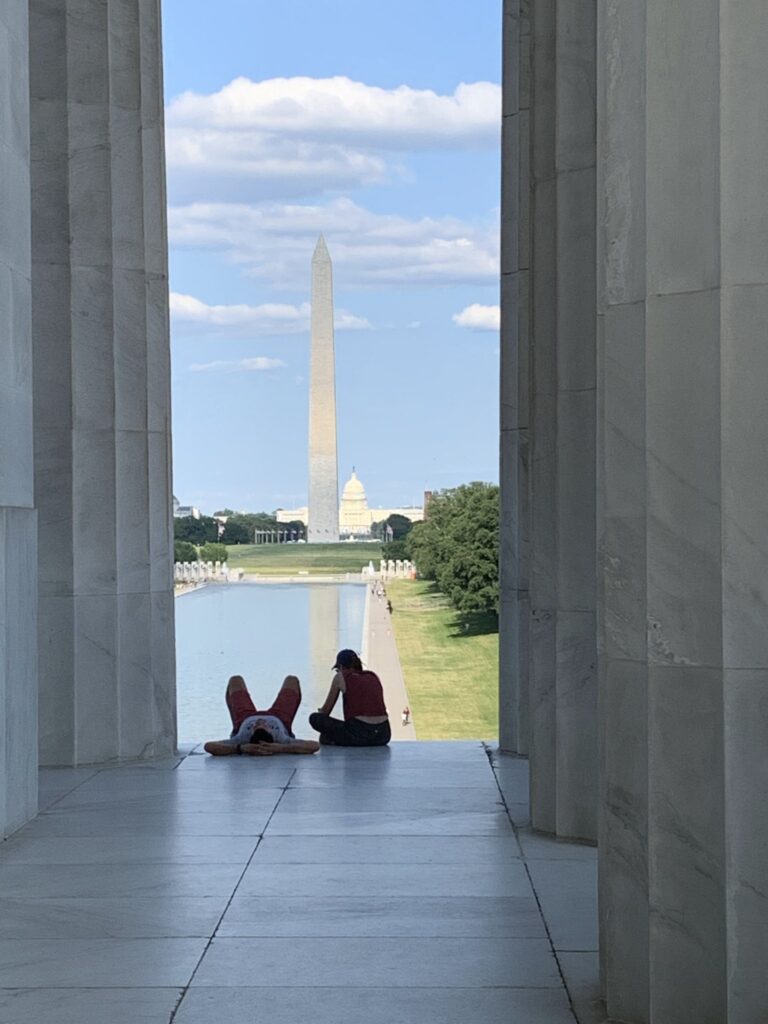
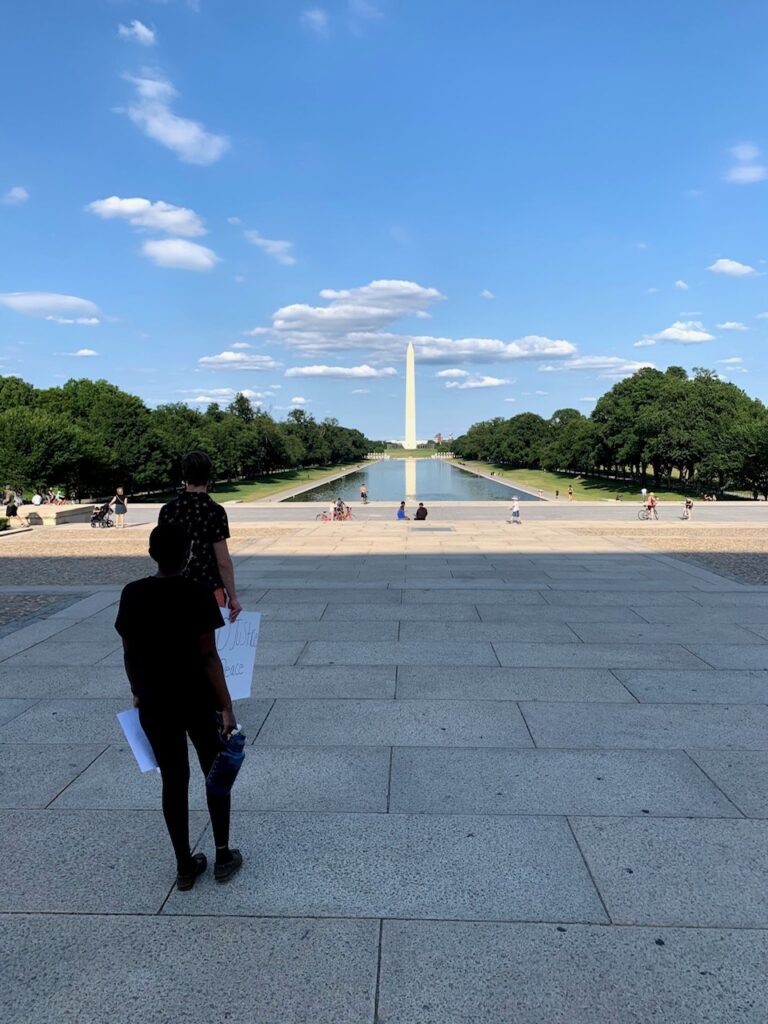
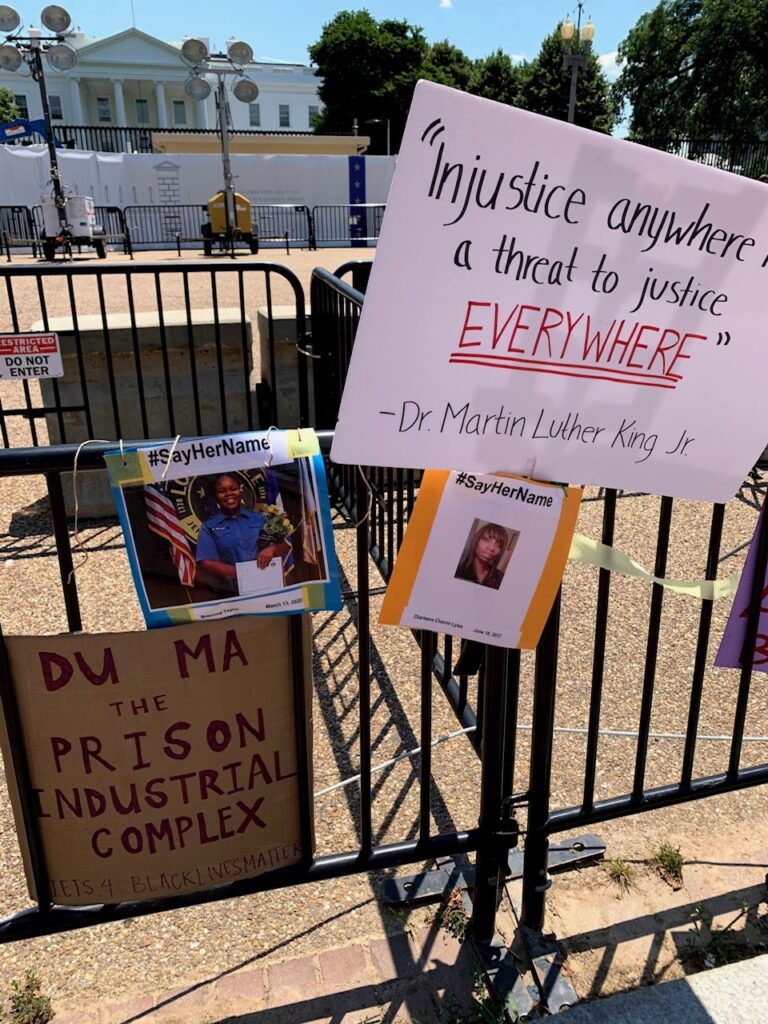
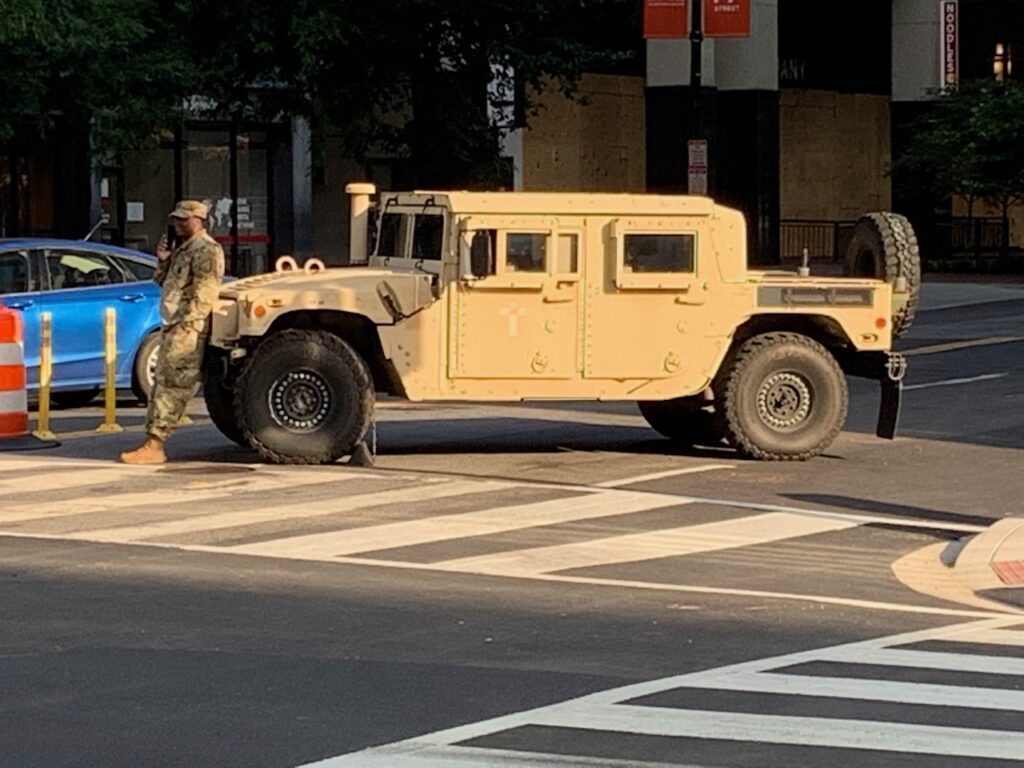
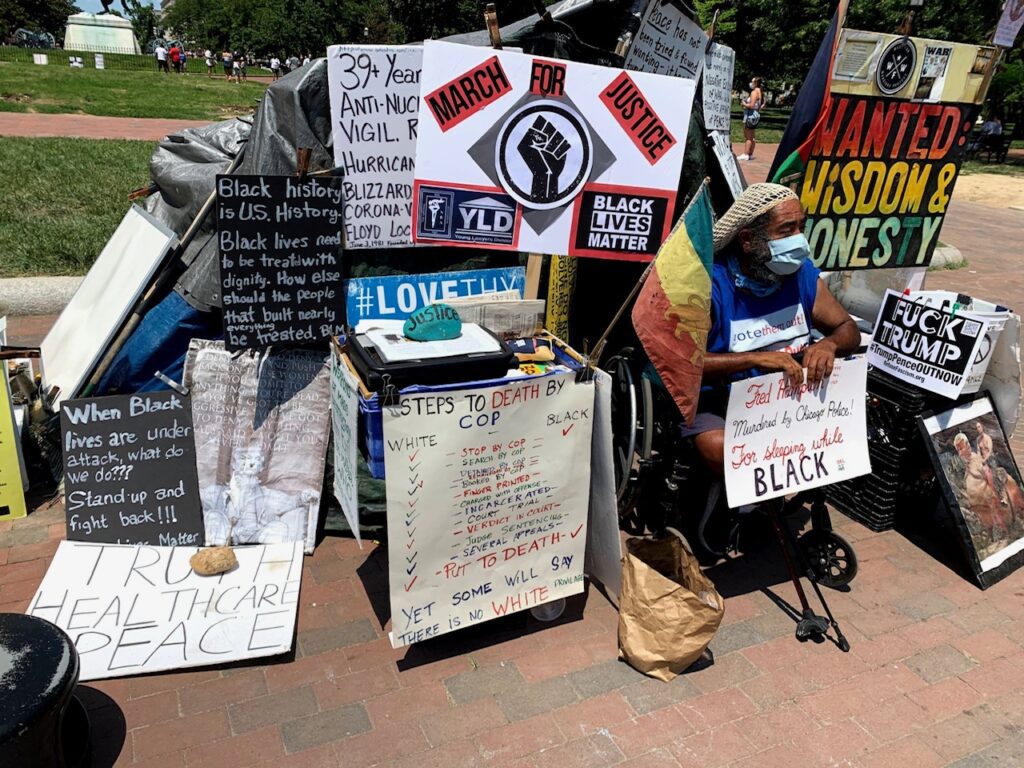
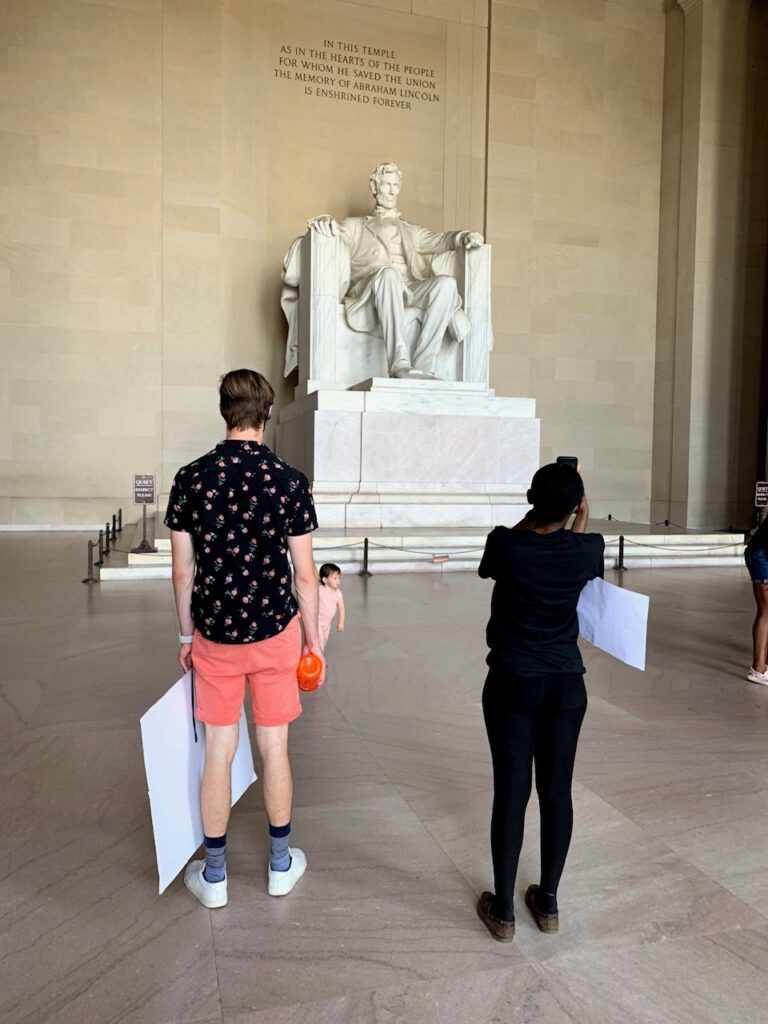
World AIDS Day
My first job after college was an administrative position at San Francisco General Hospital. I worked in the HIV/AIDS outpatient clinic and was often the first person a new patient saw after receiving their diagnosis. Medicine had little to offer people with AIDS, and the clinic posted a list every Monday of the newly deceased patients. Friends and colleagues died. In graduate school, I would witness the needle exchange van in Baltimore.
As a professor of public health, I am always surprised at how little students know about the AIDS pandemic or the federal government’s failure to respond. I help students understand that COVID-19 is not the first pandemic our world has faced, and we have not cured HIV. Public Health students led the way towards recognized World AIDS Day. Student Jackie Wonjohi bravely participated on a panel sharing the ways in which AIDS had devastated her family, we displayed six panels from the AIDS Quilt in the Commons, and spent hours reading the names of those who lost their lives to AIDS.
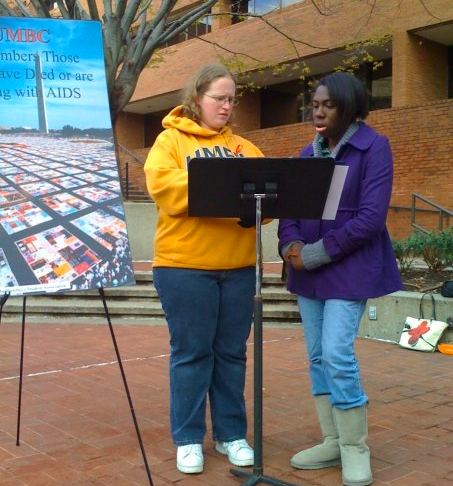
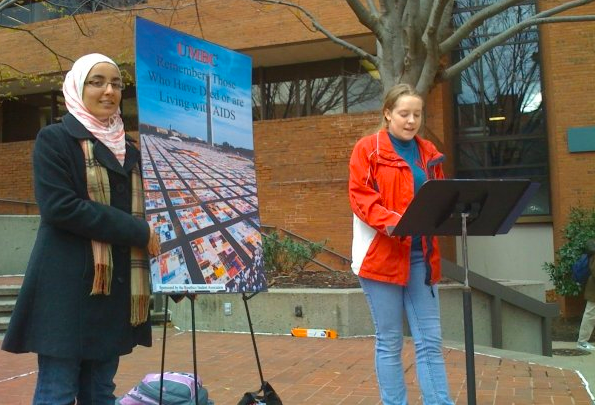
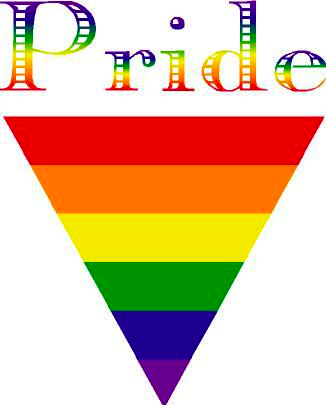
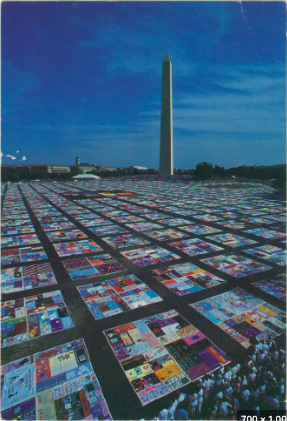
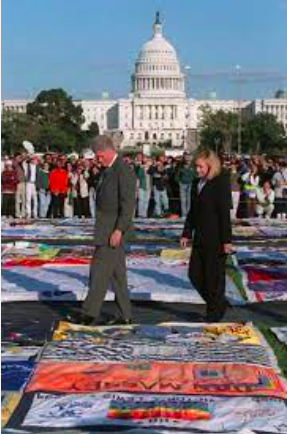
For many years, I taught about the impact of HIV/AIDS on the Black community, particularly Black women. Today, more than 50% of people who are HIV+ are over the age of 50. Although we now have medical miracles available in the U.S., LGBTQ+ youth continue to be at high risk because we do not teach high school students about this part of our history. This was the final display of the NAMES Project AIDS Memorial Quilt in its entirety.
Mental Health
